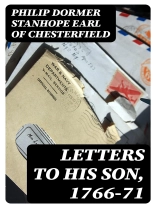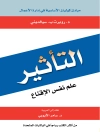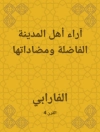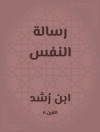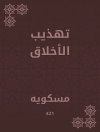In 'Letters to His Son, 1766-71, ’ Philip Dormer Stanhope, the Earl of Chesterfield, offers a remarkable compendium of advice and reflections directed to his illegitimate son, reflecting a distinct blend of wit and profundity. This collection is characterized by its epistolary format, mirroring a conversational style that engages the reader while exploring themes such as education, manners, and the intricacies of social conduct in 18th-century British society. Chesterfield’s prose is imbued with a didactic tone, revealing a commitment to molding his son’s character amidst the expectations of the aristocracy, thus rendering this work a seminal text in the tradition of letter writing as a means of personal and moral instruction. Chesterfield himself, born into the British nobility and raised in a world of privilege, faced the complexities of his own upbringing, which likely informed his parental philosophy. His experiences navigating the corridors of power, diplomacy, and societal norms position him uniquely as a mentor who understood the delicate balance between personal integrity and social savvy. Chesterfield’s life was marked by his ambition for his son to achieve success that transcended mere wealth and status, highlighting the enduring struggle between personal aspiration and familial duty. Readers interested in the art of letter writing, as well as those seeking insights into 18th-century social mores, will find 'Letters to His Son’ a poignant and instructive read. Chesterfield’s letters transcend their historical context, resonating with anyone seeking guidance on the timeless virtues of eloquence, sophistication, and moral acumen, making it a valuable addition to both literary and educational collections.
O autorze
Philip Dormer Stanhope, the 4th Earl of Chesterfield, was a prominent British statesman and man of letters in the 18th century. Renowned for his wit and charm, Lord Chesterfield was born on September 22, 1694, in London. As an astute diplomat and politician, Chesterfield held several high-profile positions, including ambassador to the Dutch Republic and Lord Lieutenant of Ireland. Though his political career was marked by both achievements and controversies, it is his literary legacy for which he is most revered. His most famous work, 'Letters to His Son on the Art of Becoming a Man of the World and a Gentleman’ (1774), is a collection of correspondence originally penned between 1737 and 1771. These letters advised his illegitimate son, Philip Stanhope, on various topics such as etiquette, diplomacy, and classical education, encapsulating the values and demeanor of the 18th-century English aristocracy. Chesterfield’s writing is characterized by its refined prose, moralistic advice, and emphasis on the importance of self-improvement and cultural polish. This collection, published posthumously, not only illuminates Chesterfield’s beliefs in the graces of personal conduct but has come to be appreciated as a genuine, if idiosyncratic, manual on social and interpersonal conduct. Lord Chesterfield’s letters are still read and studied as examples of the epistolary genre and remain a touchstone for insights into the intricate mores of 18th-century high society.
